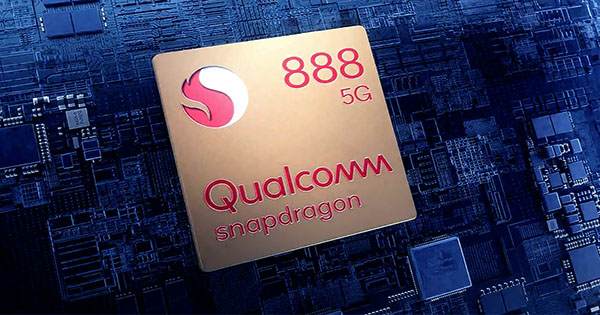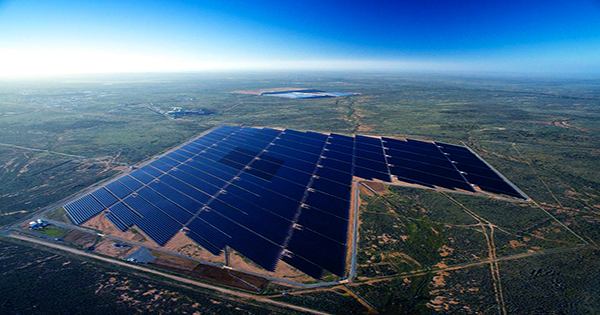Microsoft is finding a new leader for its larger China business. Yang Hou, a former senior vice president at Qualcomm, will take over as chair and chief executive officer of the Microsoft Greater China region, according to an agency statement released Monday.
After eight years at Qualcomm where he led sales and business development, Hou will lead strategy, sales and management for Microsoft in the Greater China region. The announcement said Hou credited with increasing threeX earnings for Qualcomm’s semiconductor business and building partnerships in China’s smartphone, industrial and automotive industries.
After graduating from the University of Michigan and Peking University, Hugh was a local resident of northeastern China, holding five-year tenure at McKinsey & Company. Crozier returned to Microsoft in 1994 and will officially deliver the torch to Howe in July. His next move has not yet announced.

Crozier is resigning at a time when China is racing to overtake the United States as a world technology leader. The ongoing US-China trade dispute has shaken the global supply chain to push American hardware manufacturers to increase production costs. Meanwhile, a number of U.S. successor giants are returning their presence to China, where historically they have maintained research teams had better understand the advanced Chinese market.
In 2019, Oracle laid off hundreds of employees at its research and development center in China. Former employees told TechCrunch that IBM closed its research and development center in China after 25 years, partly due to rising labor costs last year. Microsoft Counterpart, Microsoft Research Asia, widely respected and considered a “waste point” by Chinese artificial intelligence scientists. Notable alumni include Zhang Yiming, founder of ByteDance, and Unicorn Momenta, Autonomous Driving.
Compared to its reputation in China’s tech industry, Microsoft’s earnings in China are moderate because of affluent piracy and competition. In a 2018 interview, former Microsoft CEO Steve Ballmer said that 90% of companies in China are using the Microsoft operating system but only 1% is paying for it. On the new business front, Microsoft has tried to block Chinese enterprises with its Azure cloud-computing product, but so far, it has challenged by domestic players Alibaba, Tencent and Huawei.
China, or less than percentage 2 billion, contributed less than $2 of Microsoft’s annual revenue, President Brad Smith said in January 2020. Like other foreign technology firms operating in China, Microsoft are often caught in the middle between local authorities and speech advocates. The Chinese government for censoring content that considered sensitive has criticized both its professional social networks LinkedIn and search engine Bing.
















